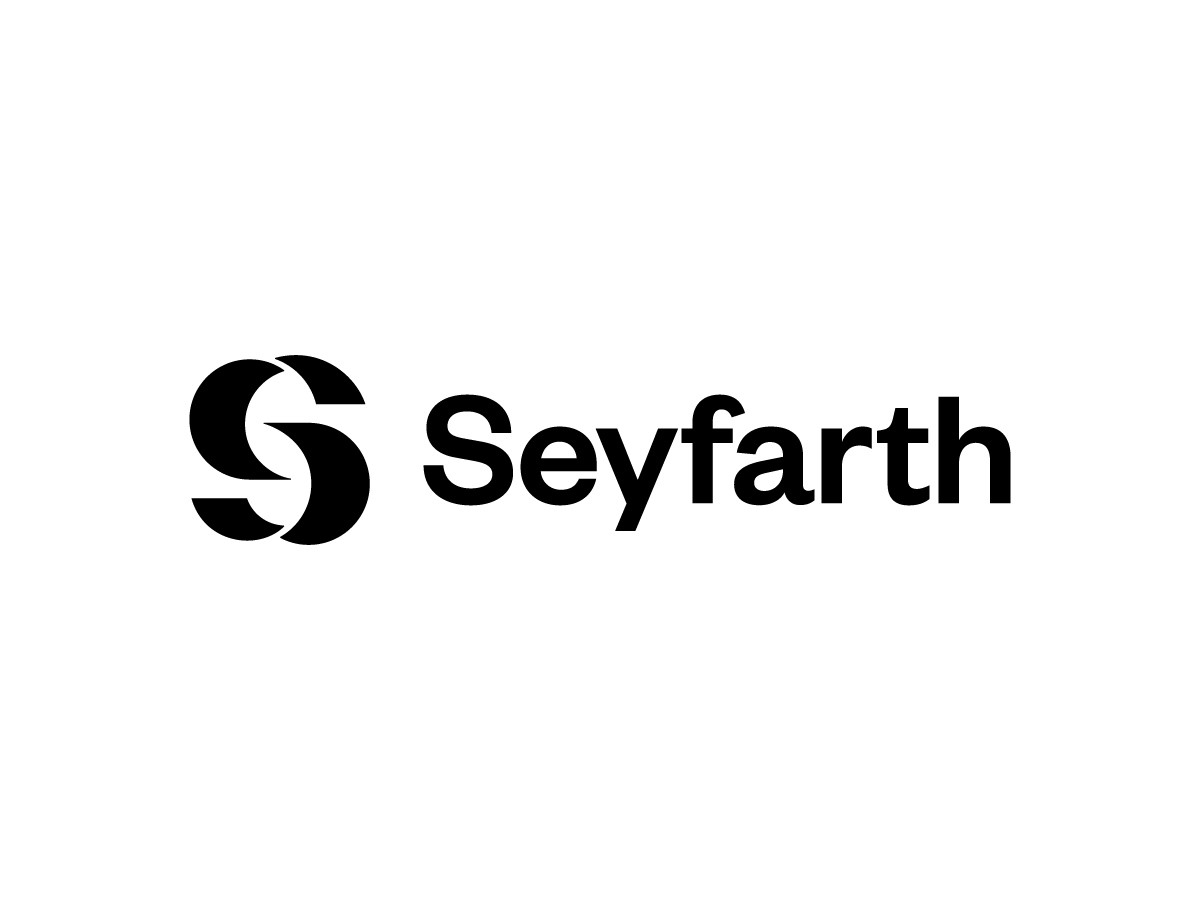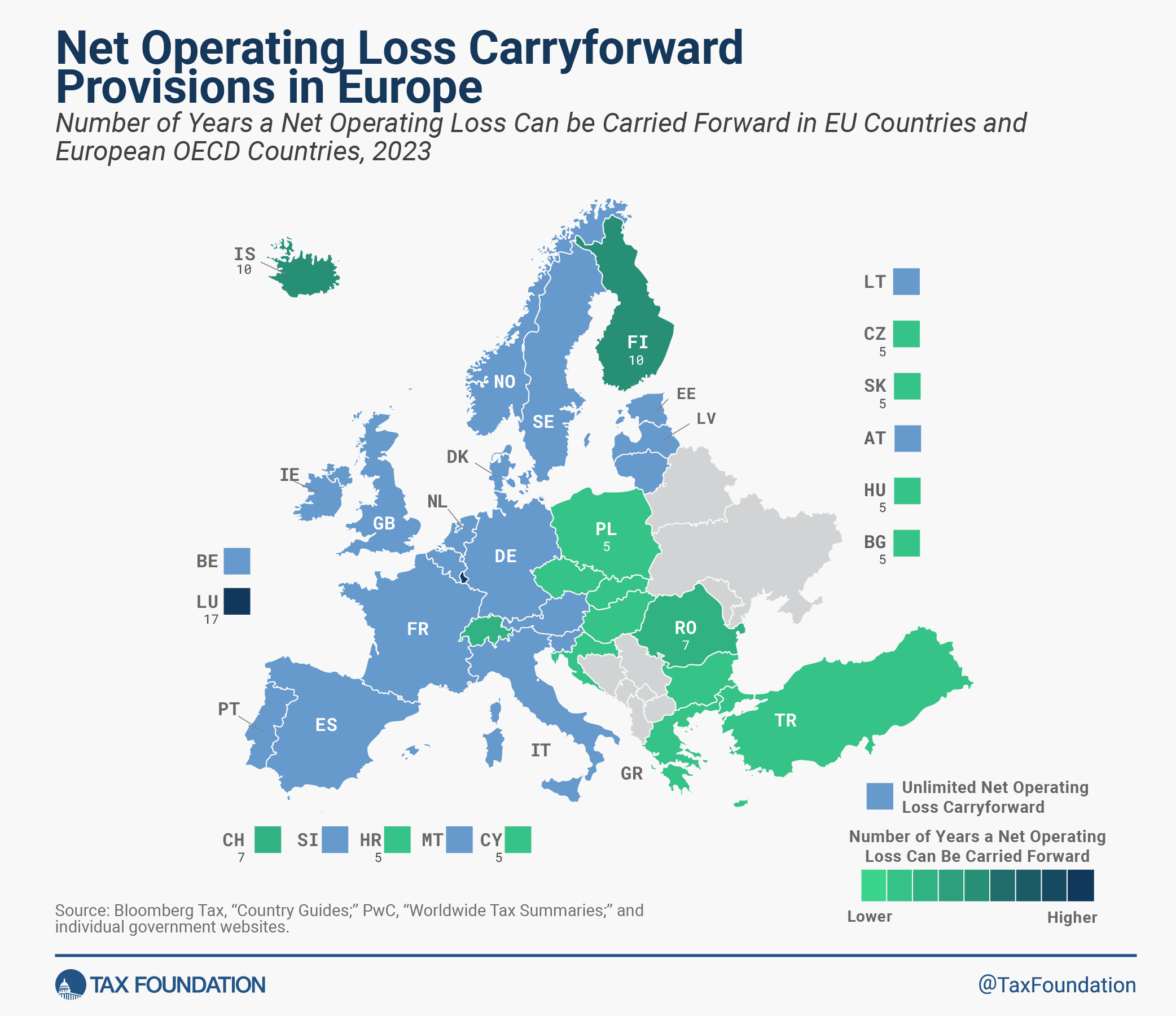State Tax Exclusion of Overtime Wages
All across the nation, employers are struggling to fill open jobs. The National Conference of State Legislatures reported that it is a job seekers market and retaining workers has become increasingly challenging. States have passed or proposed legislation aimed at helping bolster the workforce. Some states have removed some restrictions in child labor provisions to fill gaps. Other states are passing pay transparency laws to energize applicant activity.
Beginning In 2024, Alabama uses a unique approach to address its labor shortage.
Overview of the Alabama exclusion of overtime wages
On June 8, 2023, Alabama Governor Kay Ivey signed House Bill 217 into law, excluding wages earned for hours worked in excess of 40 in a workweek from gross income, beginning January 1, 2024, through June 30, 2025. The legislation drew bipartisan support. The sponsor of the bill, Representative Anthony Daniels (Democrat), proposed the bill to help workers retain more of their wages while Republicans supported the bill to aid employers who are struggling to fill jobs and encourage employees to work overtime to meet labor shortages.
Checkpoint Payroll Update caught up with John Wertz, tax attorney and partner at Holland & Knight’s New York office, to discuss this first-of-its-kind law. Wertz, a veteran in state and local taxes for over 30 years, explained that the law applies only to full-time hourly employees. While there are over 20 local jurisdictions with municipal income taxes, he noted that the law does not exclude overtime wages from municipal occupational license tax.
Implications for employees
Wertz pointed out the Alabama law specifically pertains only to hourly workers, therefore non-exempt salaried workers would still have state income tax withheld on their overtime wages. He particularly noted typical workers that may be salaried and non-exempt would be emergency medical technicians (EMTs) or members of law enforcement. Workers that will benefit from the law would include blue-collar workers, noted Wertz, as well as union and non-union workers and seasonal employees. Individual state income tax usually follows the federal adjusted income, Wertz said, and the exclusion creates a modification. As a result, the law poses a compliance and tracking issue for the employee. Employees should check their W-2s and confirm that federal wages (Box 1) do not equal state wages (Box 16) if overtime wages were earned in applicable tax years.
Implications for employers
Next, Wertz discussed the challenges for employers under the Alabama law. He pointed out the law requires employers to report data on aggregate overtime wages earned in 2023 as well as the number of employees paid overtime in 2023 prior to implementation of the law on January 1, 2024. Since the law was passed in June 2023, the retroactive compliance requirement creates an employer burden, Wertz explained, because the employer is being asked to provide information that was not necessarily tracked or calculated before. It can prove to be difficult to generate a historical report for 2023 if your system is not set up to capture the information.
Smaller employers may find the compliance requirements challenging, because while larger employers generally use a third-party payroll provider who tracks and aids in compliance, smaller employers may opt to avoid paying overtime to sidestep the compliance burden. He did not anticipate any change in the behavior of seasonal employers. Whether there is a major shift to avoid overtime will vary from employer to employer, Wertz said.
Comparison to other proposed state legislation
A number of state legislatures are eyeing the Alabama law and proposing similar measures. The proposals vary in their approaches. Of note, the proposals have been introduced to their respective state legislatures from both parties. New Jersey’s proposal (Assembly Bill 2621), provides no sunset date, unlike the Alabama law, while Rhode Island (Senate Bill 2568) provides the exclusion for the 2025 and 2026 tax years in its proposal. Finally, South Carolina House Bill 4811, currently referred to the Committee on Ways and Means, provides an exemption for overtime income but does not define what overtime income is. Two state bills from Mississippi (House Bill 224) and Wisconsin (Assembly Bill 938) are dead in the water.
We asked Wertz for his thoughts on two particular proposals from Illinois and West Virginia.
Illinois. Senate Bill 2981 uses a different approach in its proposal. Rather than exclude overtime wages from tax, the bill proposes to allow the individual to take a deduction on any overtime wages in excess of the regular or normal monthly or weekly salary during the taxable year beginning with the 2025 tax year. Wertz explained that this approach is easier to implement because there is no employer impact. The employer would continue to withhold tax on overtime wages and the burden shifts to the employee to determine the deduction and make the determination whether they qualify for the deduction. However, it would depend on the implementation, Wertz noted. For example, if the proposal passes, regulations may require employers to provide overtime data on the employee’s W-2 to assist in determining the deduction. This bill has been referred to the Assignments Committee which reviews bills to assign the examining committee.
West Virginia. House Bill 5296 closely mirrors the Alabama law. However, the West Virginia bill includes a $25 million statewide cap on the total tax exemption per year. This was also a proposal in the Alabama bill, however, the cap was removed prior to the signing of the bill. Wertz questioned how the state would manage the $25 million cap. Alabama removed the $25 million cap from their bill to make the exclusion more widely available. The bill is currently under review with the House Finance Committee.
Pitfalls of state tax proposals. When asked about state tax proposals, Wertz said legislators often try to devise a fix or addition to the existing tax system without input from tax professionals or the business community impacted by the legislative changes. In such cases, problems with implementing the new law will inevitably occur.
Wertz provided the Maryland digital ad tax as an example. He said: “There was a desire to raise tax revenue by targeting big companies who were making money selling digital advertising. In their haste to implement the tax, the Maryland legislature ignored the constitutional and practical issues raised by the business community and tax professionals with the legislation. These issues are now being litigated in state and federal court.”
“While the overtime tax exclusion is well-intended during this time of inflation and helps level the economic playing field for blue-collar workers,” Wertz said, the law created “winners and losers” since salaried workers will not benefit from the law.
Proposed changes to the Alabama law
This hindsight that Wertz observed is most likely what prompted Alabama legislators to propose House Bill 407. The latest proposal seeks to amend the overtime exclusion, effective January 1, 2025, through June 30, 2025, to exclude wages earned from overtime as defined by the Fair Labor Standards Act. This amendment would allow salaried non-exempt workers to also benefit from the exclusion, rectifying the inequity of the original legislation as noted by Wertz. The bill has been passed by the House and is currently under review with the Senate Committee on Finance and Taxation Education.
Other states are likely taking notes as they monitor Alabama’s implementation of the law.
Checkpoint Resources.






